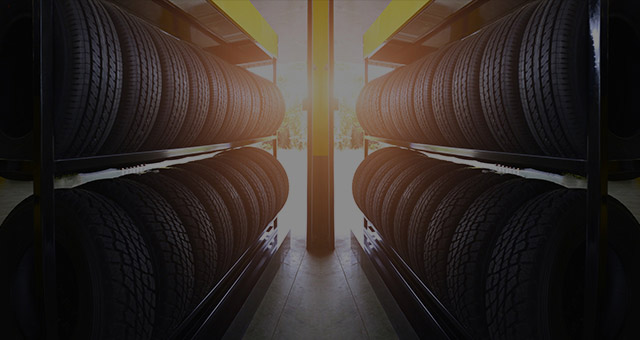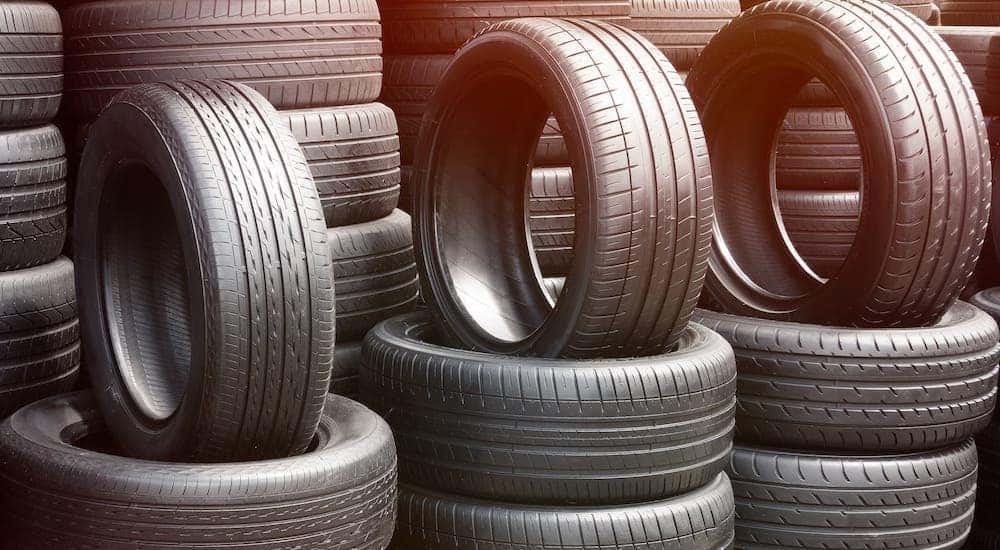Obtain Professional Tire Provider at Tire Shop Morris: Contentment Guaranteed
Obtain Professional Tire Provider at Tire Shop Morris: Contentment Guaranteed
Blog Article
Tire Solution: Recognizing Tire Stress Monitoring Systems
Comprehending Tire Pressure Tracking Solutions (TPMS) is an essential facet of preserving optimum car efficiency and safety on the roadway. With advancements in auto technology, TPMS has become a basic function in modern automobiles, providing real-time details on tire stress degrees.

Importance of TPMS
The importance of Tire Pressure Tracking Systems (TPMS) depends on their capacity to boost car security and efficiency via real-time surveillance of tire pressure levels. Preserving the proper tire pressure is crucial for making certain optimal handling, stopping, and total safety and security of an automobile. TPMS supplies motorists with prompt responses on any type of overinflated or underinflated tires, enabling timely modifications to be made.
Parts of TPMS
Sensors are generally located in the tire shutoff stem or affixed to the wheel setting up, where they determine tire pressure and send data to the control module. Some progressed TPMS versions additionally show the actual tire pressure readings for each tire, providing chauffeurs with real-time information to guarantee optimal tire efficiency and security. By checking tire stress constantly, TPMS helps protect against mishaps, decreases tire wear, and improves fuel performance, making it a vital element for vehicle safety and security and efficiency. morris tire and alignment.
Kinds Of TPMS

On the various other hand, indirect TPMS counts on the car's wheel rate sensing units to keep track of tire stress. This system discovers underinflation by comparing the rotational speeds of the wheels. Indirect TPMS is less expensive than straight TPMS, as it utilizes existing sensors within the lorry.
While straight TPMS supplies a lot more precise analyses, indirect TPMS is easier in style and usually needs much less upkeep. Both systems have their limitations and advantages, and the choice in between them often depends on factors such as price, lorry make, and individual preference. Recognizing the differences between these two sorts of TPMS can help lorry proprietors make educated choices regarding tire upkeep and safety and security.
TPMS Upkeep Tips
Efficient maintenance of TPMS is crucial for making certain optimum performance and safety of your vehicle. Frequently evaluating the TPMS sensing units for any type of damage or corrosion is essential. Ensure that the sensors are clean and cost-free from debris that might disrupt their performance. In addition, it is suggested to examine the sensor batteries periodically and replace them as required to ensure accurate analyses. Conduct routine examine the tire stress degrees and compare them with the TPMS analyses to ensure they are consistent. If there are any type of discrepancies, alter the system following the supplier's standards. During tire rotation or substitute, make sure that the TPMS components are taken care of carefully to avoid any type of prospective damage. If the TPMS advising light illuminates on the control panel, address the problem promptly by inspecting the tire pressures and the general system for any kind of faults. By adhering to these maintenance great site pointers, you can prolong the lifespan of your TPMS and improve the security of your driving experience.
Benefits of Appropriate Tire Pressure
Maintaining proper tire pressure, as stressed in TPMS Upkeep Tips, is vital for reaping the many benefits connected with optimal tire stress degrees. Among the main advantages of keeping the proper tire stress is boosted gas performance. When tires are effectively blown up, there is much less moving resistance, bring about far better fuel economic climate. Furthermore, proper tire pressure guarantees even tire wear, expanding the lifespan of the tires and promoting more secure driving problems. With the ideal tire pressure, cars also have far better handling and traction, especially in negative weather condition conditions. This can boost general driving performance and safety and security for the driver and passengers. Furthermore, keeping ideal tire pressure can add to a smoother and much more comfy experience by decreasing resonances and noise brought on by underinflated tires. Finally, the benefits of correct tire pressure go past simply tire durability; they incorporate improved gas efficiency, improved safety and security, much better vehicle performance, and overall driving convenience.
Conclusion
To conclude, comprehending tire stress surveillance systems (TPMS) is crucial for maintaining optimum tire stress and making certain vehicle safety and security. By identifying the relevance of TPMS, knowing with its parts, knowing the different kinds offered, sticking to proper upkeep ideas, and recognizing the benefits of keeping correct tire pressure, drivers can enhance their driving experience and lengthen the life-span of their tires. Correct tire stress is key to risk-free and effective car operation.

Report this page